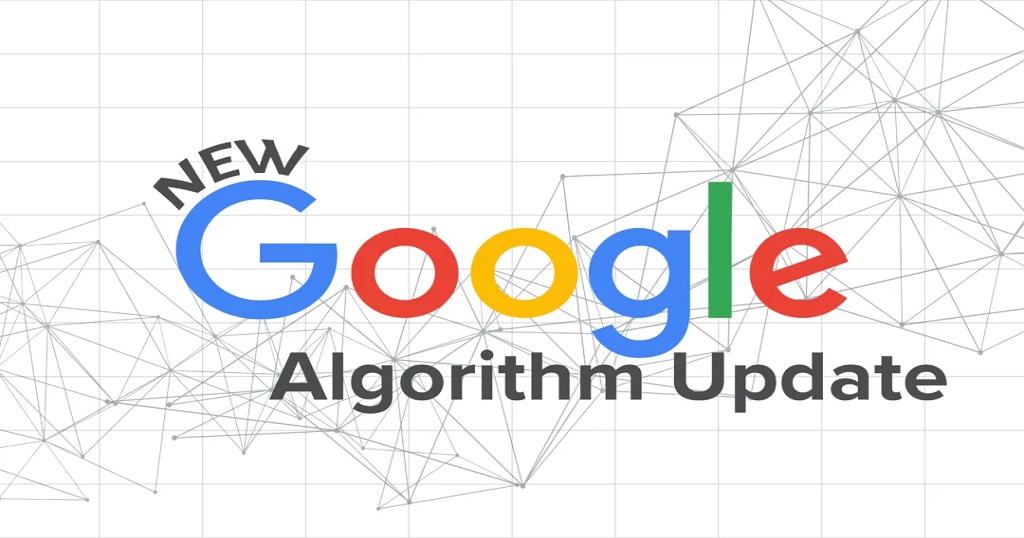
In the ever-evolving world of digital marketing, one question keeps resurfacing: Is SEO dead? With every Google algorithm update, businesses and marketers are left wondering if their hard-earned rankings will survive the next wave of changes. But let’s set the record straight—SEO is not over. It’s evolving. And those who adapt will thrive.
Understanding Google Algorithm Updates in 2025
Google’s mission has always been simple—deliver the most relevant, trustworthy, and valuable information to its users. To achieve this, it continuously updates its search algorithm. These updates range from minor tweaks to major rollouts that can shake up entire industries.
Some of the most notable algorithm updates include:
-
Panda (2011): Targeted low-quality, thin content
-
Penguin (2012): Penalized manipulative link-building practices
-
Hummingbird (2013): Focused on intent behind queries
-
RankBrain (2015): Introduced machine learning into search
-
BERT (2019): Improved understanding of natural language
-
Helpful Content Update (2022–23): Focused on human-first content
Each update is a step toward understanding users better and rewarding websites that truly provide value.
Why It Feels Like SEO Is “Over”
For many marketers, especially those relying on outdated tactics, SEO may feel like a dying art. Several factors contribute to this perception:
-
Frequent algorithm changes create instability in rankings.
-
Zero-click searches (where users get answers directly on the SERP) reduce organic traffic.
-
AI-driven content is flooding the web, making competition stiffer.
-
Increased ad placement pushes organic results further down.
However, these shifts don’t spell the end of SEO—they mark the beginning of a smarter, more user-focused era.
SEO Is Evolving, Not Dying
Despite fears, SEO remains one of the most cost-effective ways to drive traffic and build brand authority. What’s changing is how SEO is practiced. Here’s how modern SEO differs from traditional strategies:
1. User Intent Over Keywords
It’s no longer about stuffing exact-match keywords. Google now understands context and intent. Content that answers specific user questions, solves problems, or guides decisions will perform better.
2. Helpful, Original Content
With the Helpful Content Update, Google is clear: write for humans, not search engines. Content that demonstrates first-hand experience, expertise, and relevance will outrank generic blog posts.
3. E-A-T Principles (Experience, Expertise, Authority, Trustworthiness)
E-A-T is at the core of Google’s ranking factors. Websites that build credibility through reviews, credentials, case studies, and authentic content will gain an edge.
4. Core Web Vitals & Page Experience
Technical SEO is still essential. Websites must be fast, mobile-friendly, and offer a smooth user experience. Core Web Vitals—loading speed, interactivity, and visual stability—are now ranking signals.
5. Semantic SEO & Topic Clusters
Instead of chasing individual keywords, successful strategies now use topic clusters and internal linking to build authority around broader themes.
What the Future of SEO Looks Like
Looking ahead, SEO will be shaped by emerging technologies, AI, and evolving user behavior. Here are a few trends that define the future:
🔍 AI & Machine Learning
Google’s use of AI like RankBrain and MUM (Multitask Unified Model) means it’s getting better at understanding search context. Marketers must embrace AI tools not just to generate content but also to analyze search trends and optimize intelligently.
🗣️ Voice & Visual Search
With the rise of smart assistants and image recognition, optimizing for voice and visual search will become more critical. Think conversational queries, long-tail keywords, and schema markup.
📱 Mobile-First & Local SEO
As mobile searches dominate, mobile-first indexing is a must. Additionally, local SEO will continue to grow in importance as more users search for services “near me.”
🧠 Generative AI & Search Changes
Tools like ChatGPT, Google’s Search Generative Experience (SGE), and Bing AI are changing how users interact with search. Websites will need to ensure content is optimized for visibility across these AI-driven platforms.
How Businesses Should Respond
The worst thing a business can do is ignore SEO. Instead, here’s how to stay ahead:
-
Conduct regular SEO audits
-
Focus on content quality and originality
-
Build a strong backlink profile from credible sources
-
Keep your website technically sound and user-friendly
-
Monitor Google updates and adapt quickly
Remember, SEO is not a one-time task—it’s an ongoing process that rewards patience and consistency.
Final Verdict: Is SEO Over?
No, SEO is not over. It’s simply growing up.
Google’s algorithm updates are not obstacles; they are opportunities to realign your strategy with what matters most—serving your users better. Agencies and businesses that embrace change, focus on genuine value, and invest in smart SEO will continue to thrive in 2025 and beyond.
If you’re feeling overwhelmed by constant updates and shifting trends, you’re not alone. But with the right approach, tools, and partners, SEO remains one of the most powerful tools in your digital marketing arsenal.
Need help navigating the future of SEO? Our digital marketing experts at Bro WebZilla specialize in building future-ready SEO strategies that survive updates and generate long-term traffic. 📈 Contact us today!




